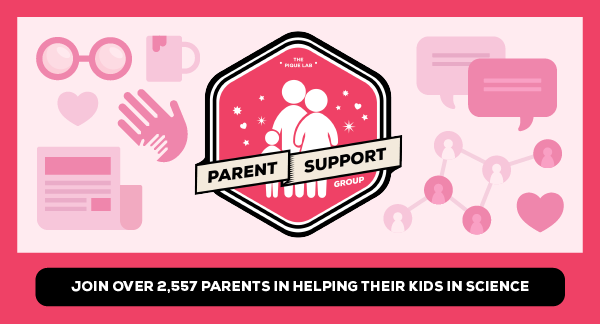Dear Mommies and Daddies,
Have you had to go through the ordeal of dealing with disappointment when your children received grades that did not meet expectations? Or, have you had to console your highly-motivated children when they got results that were worse than they expected?
Read Also
Such negative emotions are definitely unpleasant and if left unmanaged, this could even lead to discontentment within the family and even harm your familial ties! In order to avoid a vicious cycle of negative events, both parents and children should manage their emotions and try to tackle the problems together.
Here are some ideas on how to handle emotions when expectations are not met!
#1: Understanding Disappointment and Acceptance
Perhaps the most important way of managing unmet expectations would be to avoid disappointment from overpowering all other emotions, or even rational thought.
Disappointment as an emotion, on the whole, has a lot to do with ourselves; disappointment tends to arise out of our own demands, how we think others should act or perform, or even how we think the world should be.
If we can understand that this is how disappointment manifests itself in our lives, then it would be easier to accept that perhaps we did not fully understand the situation — especially from other points of view — which led to possibly unrealistic or difficult-to-fulfil expectations.
Usually, when parents view grades as unsatisfactory, they make their disappointment clear to their children. This would lead to a negative cycle, as children who might already be disappointed with their results would feel even guiltier about their failure to meet the expectations of their parents!
Therefore, in order to avoid damaging your children’s self-esteem, accepting that the unsatisfactory grades are already fixed and that there could be other reasons for the unsatisfactory grades, would be helpful.
Once you have understood the situation and managed your own emotions, you can then help manage your children’s emotions more effectively, by explaining the concepts behind disappointment and acceptance to them!
#2: Communication
It is sometimes unrealistic, especially for busy parents with hectic work schedules, to expect to know everything about the daily lives of your children. There might’ve been an underlying issue that caused the below-par grades. Hence, communication with your children would be the key to knowing the whole story!
Although children may dread “The Talk” with their parents, it is usually because parents sometimes lose control over themselves and aggressively interrogate their children on why they “did not do well” or “got terrible grades” or even resort to disciplinary measures to deal with the unmet expectations.
It would be far more productive to start a discussion to find out if anything has been bothering your children, or if they need help with certain issues.
This would be beneficial to both parents and children, as parents would be able to understand and accept why their children did not do as well as they expected due to certain reasons, and children would be able to voice their problems and possibly get help or advice from their parents.
#3: De-stress and Family Bonding
Most parents’ reactions to unsatisfactory grades would be to overload their children with work and extra assignments or supplementary workbooks.
This could actually be counter-productive as it does not help to raise your children’s morale, and lowered self-esteem or morale could actually lead to your children underperforming even more in the next examination!
If you have seen that your children have actually put in a lot of effort in studying for the examinations, to the extent of forgoing family outings and leisure, it would definitely be beneficial to take a short break and spend some quality time together with them.
If parents have been too busy with work or other commitments to spend time with their children, it is not unconceivable that their children might have neglected their studies in order to seek attention from their parents. Spending quality time with them would boost their morale; also, the promise of a family outing or holiday could be great motivation for them to work to achieve good results.
Furthermore, these family activities or outings would also help to build stronger ties within the family, which would result in a more comfortable family environment for both parents and children. This would help to manage the negative emotions of both parents and children!
#4: Planning For The Future
It is important to understand the value of moving on and accepting that the examinations are already over and the results can no longer be changed. Planning for the future could help with coming to terms with the unsatisfactory grades.
Do your children need additional help with certain subjects? Are your children unable to learn efficiently from their teachers in school?
Perhaps finding out about private tutors or sending your children for tuition classes to help with their weaker subjects would be beneficial! Thinking about other options could help you to look forward and be more assured that your children will do better in future. Thus, this allows you to overcome the negative emotions you are currently experiencing!
One last note…
If all else fails, time is a powerful healing factor.
Whether you just need some time and space to deal with disappointment and other associated negative emotions, or if your children just need time to come to terms with their results, it would be helpful to remember the adage “time heals all wounds”. Negative emotions are definitely unpleasant and it is not always possible to actively deal with them. However, over time, these negative emotions will surely fade away!








